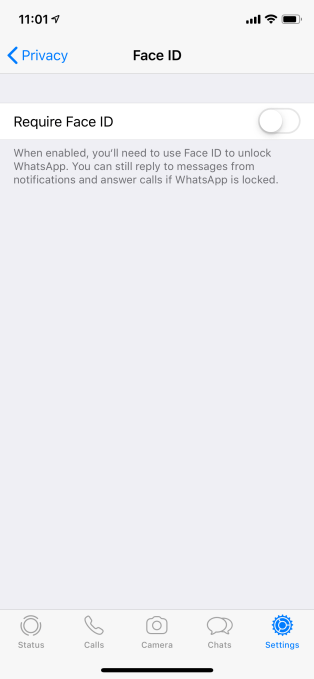“We give them the power. That’s the bad part. We buy their products. We sign up for these websites. Delete Facebook, right?”
That’s WhatsApp founder Brian Acton’s most recent quote about his former employer Facebook. Acton has seemingly been fueled by his experience running WhatsApp from within Facebook, which has been scrutinized for profiting from collecting data on users.
Which explains why now, two years after leaving Facebook, Acton has found a new groove as founder and executive chairman of the Signal Technology Foundation, a 501(c)(3) nonprofit organization dedicated to doing the foundational work around making private communication accessible, secure and ubiquitous. Acton invested $50 million of his own money to start Signal Foundation in February of 2018.
At TechCrunch Disrupt SF in October, we’ll hear more from Acton about Signal Foundation and his predictions for the future of communication and privacy. And, of course, we’ll try to learn more about what Facebook was up to with WhatsApp, why he left, and how it felt leaving $850 million on the table.
Though he was rejected for positions at Facebook and Twitter in 2009, Acton is actually a Silicon Valley veteran, working in the industry (mostly as a software builder) for more than 25 years at places like Apple, Yahoo, and Adobe before founding WhatsApp.
The chat app he built with co-founder Jan Koum grew to 1.5 billion users and, eventually, saw a $19 billion buyout from Mark Zuckerberg in 2014. But when Facebook wanted to lay the basis for targeted ads and commercial messaging within the encrypted chat app he’d spent years building, he walked away.
The Signal Foundation is all about ensuring people have access to private communication that doesn’t cost their own personal data.
“We believe there is an opportunity to act in the public interest and make a meaningful contribution to society by building sustainable technology that respects users and does not rely on the commoditization of personal data,” Acton wrote when it was first announced. In many ways, the Signal Foundation is a symbol and a continuation of Acton’s most expensive moral stand.
We’re thrilled to hear from Acton about what’s next at Signal Foundation. We’ll also try to learn more about his exit at Facebook and his feelings about the products he spent so much time building there.
After all, unsavvy regulators, legions of competitors, and user backlash have all failed to compel Facebook to treat people better. But the real power lies with the talent that tech giants fight over. When people like Acton speak up or walk out, employers are forced to listen.
“No filter” is Acton’s style, so get ready for some fireworks when we sit down with him on stage at Disrupt SF.
Disrupt SF runs October 2 to October 4 at the Moscone Center. Tickets are available here.

